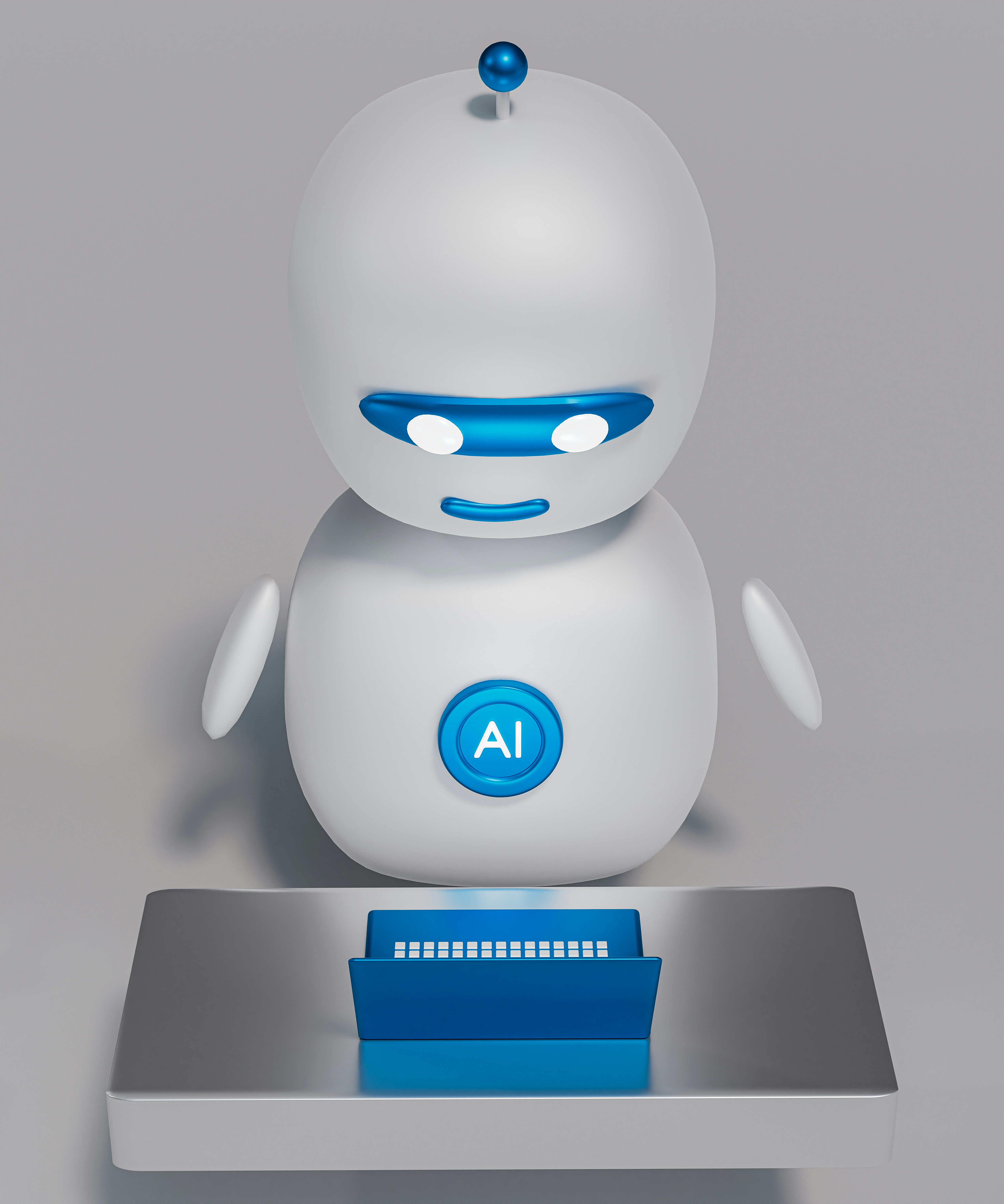Introduction to the Study
The rapid evolution of artificial intelligence (AI) tools has transformed various sectors, including software development. In recent years, a growing body of literature has suggested that such advanced tools hold the potential to significantly enhance productivity and streamline workflows for software developers. However, a recent study delves into the paradoxical relationship between experienced software developers and these cutting-edge AI tools, drawing attention to a phenomenon that challenges the conventional wisdom surrounding AI’s efficacy in the coding process.
This study aims to explore the extent to which experienced software developers benefit from the integration of AI in their work. The researchers posited that while these tools are purportedly designed to optimize coding tasks and increase efficiency, they may inadvertently hinder seasoned developers by complicating the coding process and diverting focus from problem-solving. The study hypothesizes that experienced developers might actually face difficulties in adjusting to the AI tools, with the resulting dependence leading to slower development speeds rather than the expected acceleration.
Through this analysis, the study not only adds valuable knowledge to the existing discourse but also invites further investigation into how AI tools can be optimized to genuinely support developers, rather than stifle their innate capabilities. This groundbreaking research serves as a pivotal point in reassessing the impact of AI on software development, urging a thoughtful dialogue concerning the integration of these advanced tools in the coding environment.
Key Findings of the Study
The recent study investigating the impact of AI tools on experienced software developers revealed significant insights regarding workflow efficiency. Contrary to popular belief, the findings indicated that the integration of advanced AI tools often resulted in a slowdown of productivity among seasoned developers, especially in familiar codebases. Participants reported experiencing a 15% decrease in overall efficiency when utilizing AI assistance compared to traditional coding methods. This reduction is particularly noteworthy given the expectation that AI should streamline and enhance development processes.
An analysis of productivity rates revealed that on average, developers completed tasks 20% faster without the aid of AI tools. The study carefully analyzed various environments and codebases, showcasing that in the presence of specific AI functionalities, developers found themselves relying on these tools rather than exercising their expertise. A researcher involved in the study noted, “While AI tools are designed to optimize processes, our findings suggest they can inadvertently hinder the developer’s natural workflow, ultimately leading to decreased productivity.”
Understanding the Reasons Behind the Slowdown
The integration of artificial intelligence (AI) tools into software development processes has introduced an intriguing paradox: while these advanced technologies are designed to enhance efficiency and productivity, many experienced software developers report a noticeable slowdown in their overall output. This phenomenon can be attributed to several interrelated factors, each influencing how developers adapt to and utilize these new tools.
One primary reason is the inherent complexity of AI tools. As developers strive to harness the full potential of these technologies, they often face steep learning curves. Familiarizing themselves with advanced functionalities, unique interfaces, and varying technical specifications requires a significant investment of time and mental resources. This initial phase of adaptation can lead to a temporary dip in productivity as developers wrestle with understanding the best practices associated with their new toolsets.
Moreover, the reliance on AI-driven solutions may disrupt established workflows that developers have honed over years of experience. Seasoned developers often possess well-defined patterns and methodologies that guide their work. The introduction of AI tools, which can automate certain tasks or suggest alternative approaches, may challenge these traditional practices. This can create confusion and necessitate cognitive adjustments, as developers must reconcile their established routines with the possibilities offered by AI.
Another contributing factor is the overarching tendency for developers to experience a phenomenon known as “too much help.” While AI tools can indeed streamline certain tasks, an overreliance on these systems can stifle critical thinking and problem-solving skills. Developers may grow dependent on AI recommendations, which can inhibit their ability to engage deeply with the coding process. Consequently, this reliance can further contribute to a perceived slowdown in productivity as developers navigate the balance between leveraging AI assistance and maintaining their own expertise and confidence in their craft.
Implications for the Future of Software Development
The advent of advanced artificial intelligence tools has undeniably transformed software development, yet it has also led to unexpected challenges for seasoned developers. As organizations increasingly integrate AI into their workflows, it becomes imperative to reassess the implications for training programs and technology adoption strategies. Specifically, the interplay between human expertise and AI support must be meticulously managed to ensure that the former is not overshadowed by the latter.
With AI tools capable of automating various coding tasks, companies might initially perceive a boost in productivity. However, as studies reveal, these tools can inadvertently create reliance, thereby impairing experienced developers’ efficiency. To counteract this trend, organizations should consider developing tailored training programs that focus not only on the use of AI technologies but also on fostering critical problem-solving and creative thinking skills. Such a dual approach can empower developers to harness AI capabilities while maintaining their own expertise, leading to an optimal blend of human insight and machine efficiency.
Moreover, the tech industry as a whole must recognize that the integration of AI in software development is not merely a matter of adopting new tools—rather, it encompasses a shift in mindset. Continuous research and adaptive strategies will be essential in navigating these changes. Companies should invest in understanding the evolving dynamics of human-AI collaboration, ensuring they adopt practices that enhance rather than inhibit developer productivity. This includes engaging in dialogues about ethical concerns and promoting a workplace culture that values both human intelligence and machine assistance.
Ultimately, the future of software development hinges on how well organizations can balance the intricate relationship between advanced AI tools and the invaluable insights of experienced developers. Striking this balance will not only drive innovation but will also foster a healthier, more productive work environment as the industry continues to evolve.



